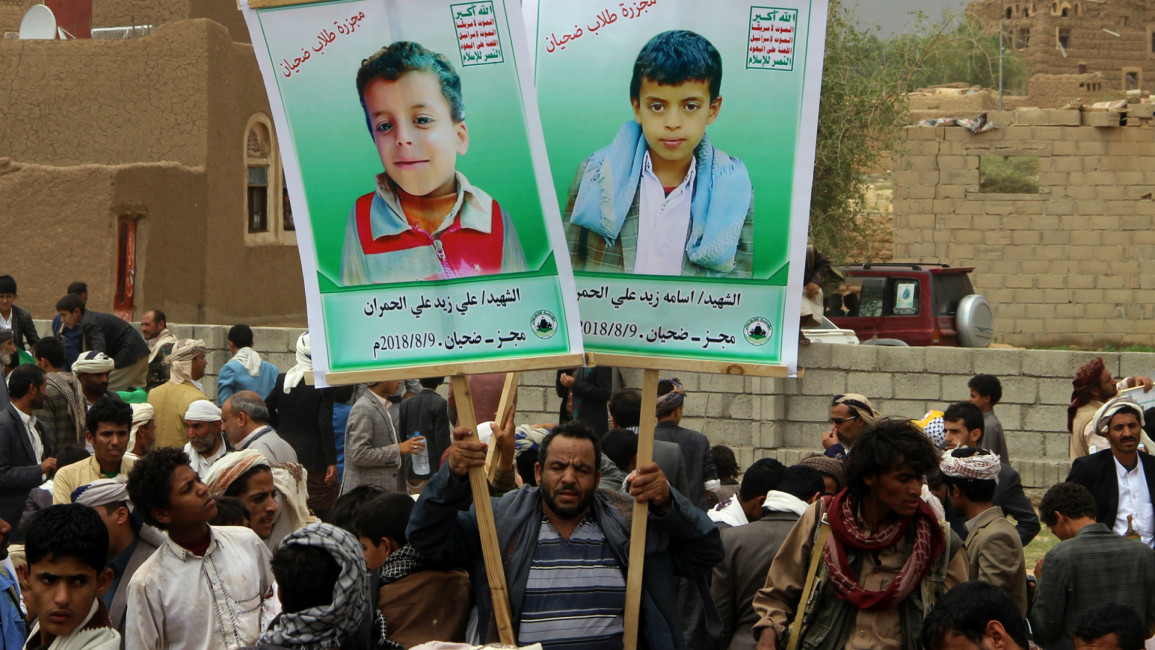One civilian killed every three hours in Yemen strikes: Oxfam
One civilian has been killed every three hours in fighting in Yemen since the beginning of August, with many more people succumbing to disease and hunger, Oxfam said on Friday.
Between 1 August and 15 October, 575 civilians were killed in the fighting, including 136 children and 63 women, the charity said, citing data from the Civilian Impact Monitoring Project.
Under a triple threat of war, disease and hunger, there have been more than 1.1 million cases of cholera in the last 18 months, with over 2,000 of those proving fatal. And there have been over 100 deaths from diphtheria over a similar period.
"Every single life lost to this shameful conflict, be it through armed attacks, or through starvation and disease, should be an international outrage," Muhsin Siddiquey, Oxfam's Country Director in Yemen said.
"Backers of all the warring parties should realise that they are complicit in this man-made crisis. Governments must comply with all international legal obligations to do their utmost to prevent civilian casualties or damage to civilian infrastructure. The international community urgently needs to do everything it can to get all sides in this war to agree a ceasefire."
The UN warned this week that more than 14 million could die from starvation if the war continues, while European countries who sell arms to Saudi Arabia, which is leading a bloody battle against the Houthi rebels, have been urged to cancel exports to Riyadh as casualties mount.
Britain and France have been pressured to follow Germany in halting weapons sales to the kingdom, with calls intensifying since the premeditated murder of journalist Jamal Khashoggi at the Saudi consulate in Turkey.
Twitter Post
|
The UN on Wednesday said civilians were paying a "shocking price" for the war after a suspected Saudi-led coalition strike hit a vegetable packing facility in the port city of Hodeida, killing at least 21 civilians.
Earlier this month 15 civilians including four children were killed and 23 others were injured when an air strike by the Saudi-led coalition hit two buses filled with passengers at a Houthi-held checkpoint to the south east of the city.
A ground shelling at a camp for displaced people in southern Hodeida killed a young woman and injured seven other people including six children.
High inflation and soaring food prices have put locally available foods out of reach for Yemenis, with millions on the brink of famine. Yemen relies on imports for many staple foods, but importers are struggling to buy dollars to bring grain into the country, Oxfam said.
Compounding the problems is a sharp increase in the price of fuel, with the national average price for a litre of diesel up 280 per cent on the price paid before the conflict began in March 2015.
Many people rely on trucks to deliver clean water but if that becomes too expensive or unavailable they may turn to dirty water sources, increasing their risk of disease, Oxfam said.



